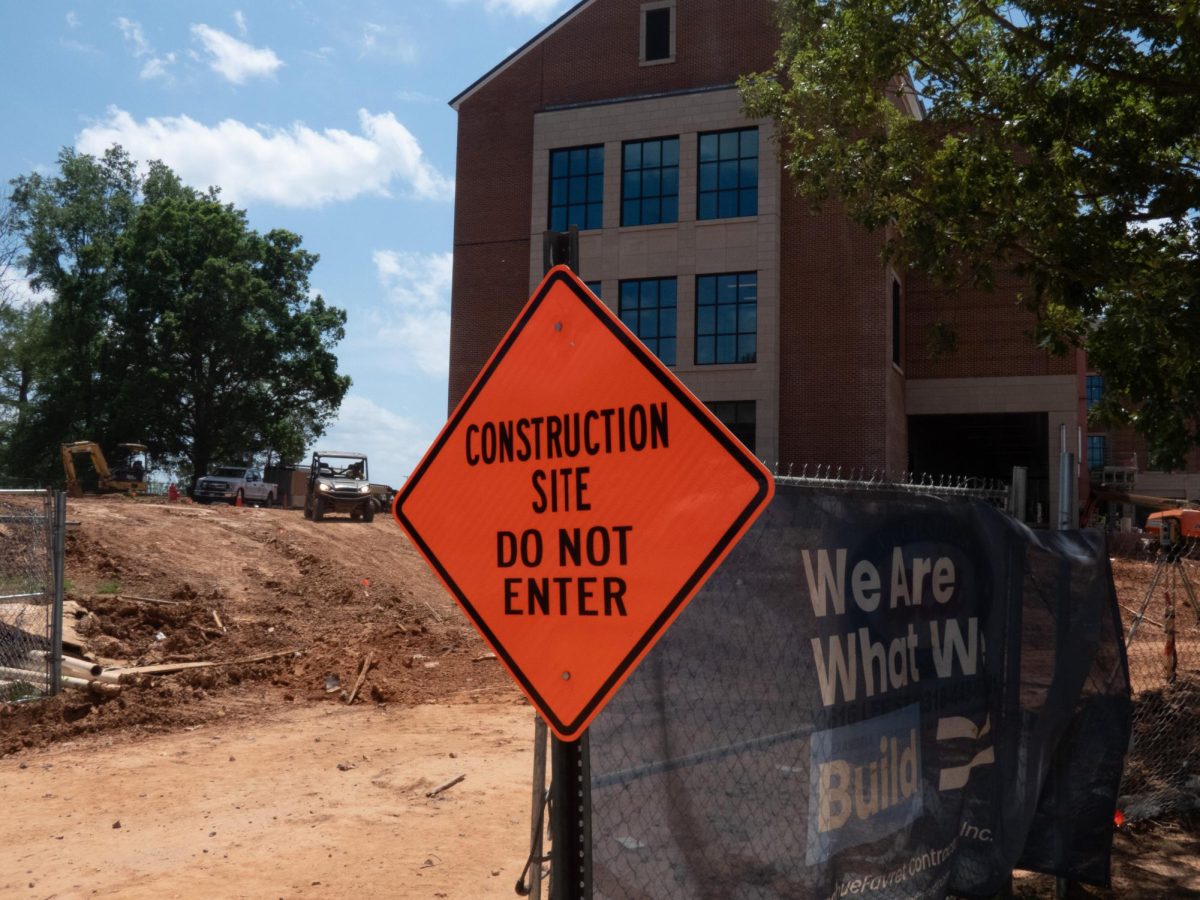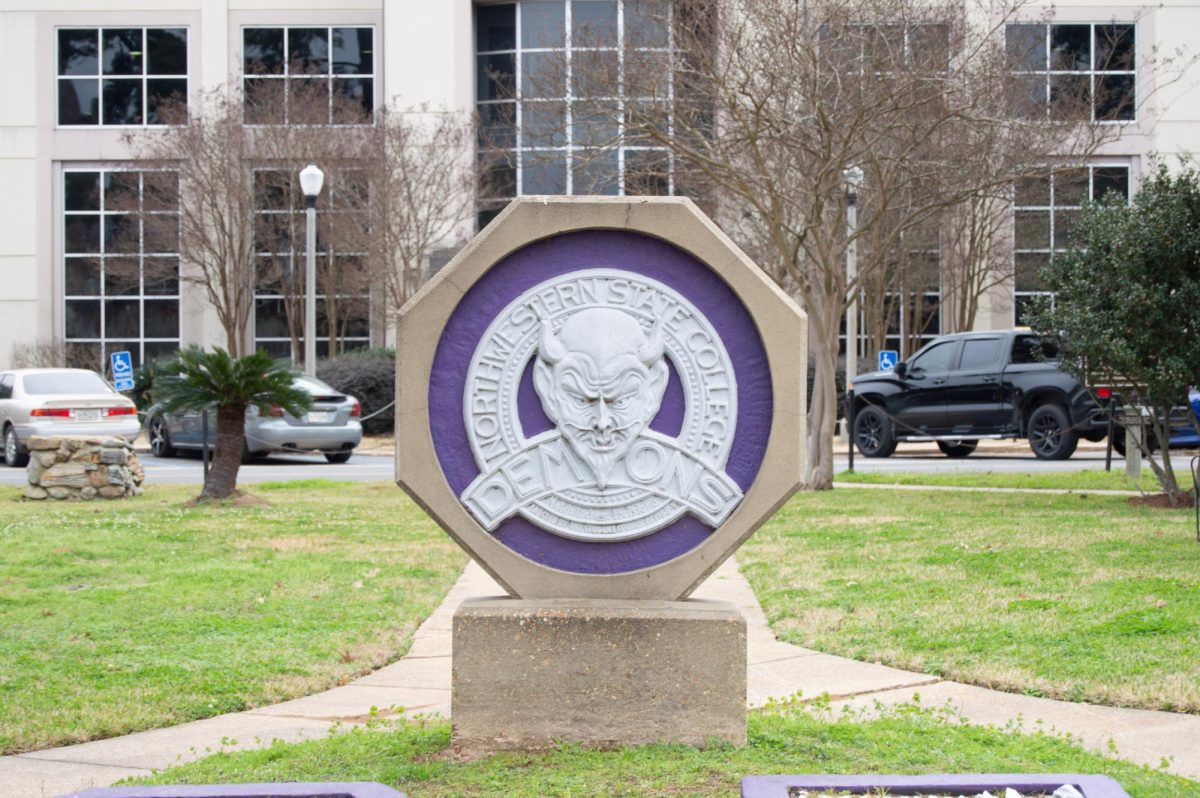Mekayla Jenkins
Photo Editor
House Democrats are conducting an official impeachment inquiry into President Trump over contacts with Ukraine about Joe Biden, former vice president. Photo Editor Mekayla Jenkins interviewed Dr. Greg Granger, professor in the Department of Criminal Justice, History, and Social Sciences, about impeachment and how it affects NSU students.
What is impeachment?
The Constitution states that the President and all civil officers, that is non-military government officers, are subject to impeachment and removal from office. The two are separate processes.
Impeachment is a function of the House of Representatives and can be compared to an indictment in criminal law processes. The House acts as a Grand Jury in considering evidence of allegedly impeachable offenses as outlined in Articles of Impeachment.
To impeach the president is to formally charge the president with what the Constitution calls “Treason, Bribery, or other high Crimes and Misdemeanors.” Controversy arises from the fact that the Constitution does not define “high Crimes and Misdemeanors,” leaving it to the House of Representatives to do so on a case by case basis.
It is generally agreed that an actual criminal offense is not necessary to be an impeachable offense. An impeachable offense could be an abuse of power or behavior that violates the basic expectations of those in office.
What does the impeachment process look like?
The House becomes akin to a Grand Jury in weighing evidence against the charged official. To impeach the official requires a simple majority of the House, or 218 votes to impeach.
There are usual multiple Articles of Impeachment, for example, not only on suspect behavior but also on efforts to cover up misbehavior, or obstruction of justice. Each Article of Impeachment receives a vote.
If passed, the Articles of Impeachment are sent to the Senate, which then becomes a Trial Court. If the president is being impeached, the Chief Justice of the United States presides over the trial.
To convict the impeached official requires approval by at least two-thirds of the Senate, or 67 out of 100 votes. If convicted by 2/3’s vote, the official is removed from office. There is no additional sentencing.
The official might be subject to criminal or civil court proceedings after leaving office.
What past presidents have been impeached, and what was that like?
In 1868, Andrew Johnson was impeached by the House but was not convicted in the Senate, succeeding by a margin of just one vote. The specific charge against Johnson was that he violated the Tenure of Office Act, which Congress had passed by overriding Johnson’s veto. The overall issue was about the balance of power between the Republicans in Congress and the Democrat that Abraham Lincoln had chosen as vice president.
The second president to the impeached was William J. Clinton in 1998 during the president’s second term. He was impeached for perjury and obstruction of justice. Like Andrew Johnson, Clinton was not convicted in the Senate and remained in office.
In 1974, Richard M. Nixon resigned after it had become obvious that he would be impeached and most likely convicted in the Senate for contempt of Congress, abuse of power and obstruction of justice relative to investigations into the Watergate scandal.
How does the impeachment affect NSU students?
Like all persons in America or serving abroad, NSU students are affected by the behavior of governing officials. In a free republic, students possess the right to know about and the civic duty to be informed enough to assess the situation when there are serious charges of political and/or legal malpractice by civil and military officials. The integrity of our Constitutional system allows for the policies and elections we depend upon to manage society.
What’s the current status of the impeachment inquiry?
As of right now, the House as a whole as not voted to proceed with impeachment procedures against the sitting president. It is unclear as to whether a vote of the full House is required to proceed. In this case, the Speaker of the House has instructed committees to commence investigations possibly leading to Articles of Impeachment that would then be offered for a vote of the full House.



























